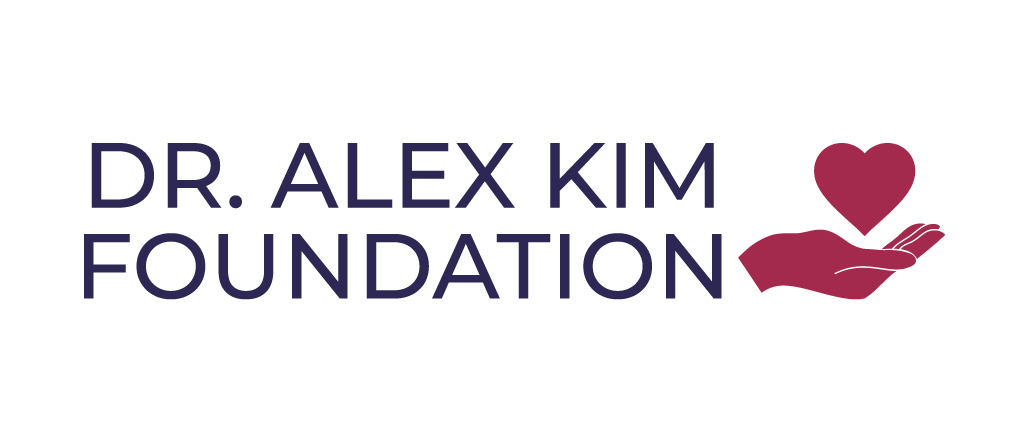Refugee women face unique challenges as they navigate the complex process of rebuilding their lives in a new country. Beyond the trauma of displacement, these women often encounter barriers related [...]
Homelessness is an issue that affects millions of people worldwide, and it is often accompanied by significant trauma. Individuals experiencing homelessness may have faced physical, emotional, or psychological trauma from [...]
Juvenile delinquency remains a significant concern in communities across the globe, particularly in high-risk areas where children and adolescents may face environmental and socio-economic challenges. These challenges often lead to [...]
Accessible housing is essential to creating inclusive communities that allow individuals with disabilities to live independently and safely. Establishing housing that accommodates various physical, sensory, and cognitive needs involves strategic [...]
Reentry programs play a vital role in breaking cycles of recidivism and giving formerly incarcerated individuals the tools, resources, and support they need to reintegrate into society. By addressing various [...]
For many refugee women, starting a new life in a foreign country is both a hopeful journey and a challenging one. The obstacles they face—language barriers, unfamiliar job markets, and [...]
Chronic illness disproportionately affects homeless individuals, who often face barriers to consistent and preventive healthcare. This challenge is magnified in shelters, where limited resources and high demand can make it [...]
Supporting refugee integration is one of the most meaningful ways to help individuals rebuild their lives and become part of a new society. Integration, however, requires more than just a [...]
El acceso a la atención médica es un derecho fundamental, pero muchas comunidades rurales enfrentan desafíos significativos en este aspecto. Según el Departamento de Salud y Servicios Humanos de EE. [...]
Food insecurity is a pressing issue that affects millions of families across the United States. According to the U.S. Department of Agriculture, approximately 10.5% of households experienced food insecurity in [...]
